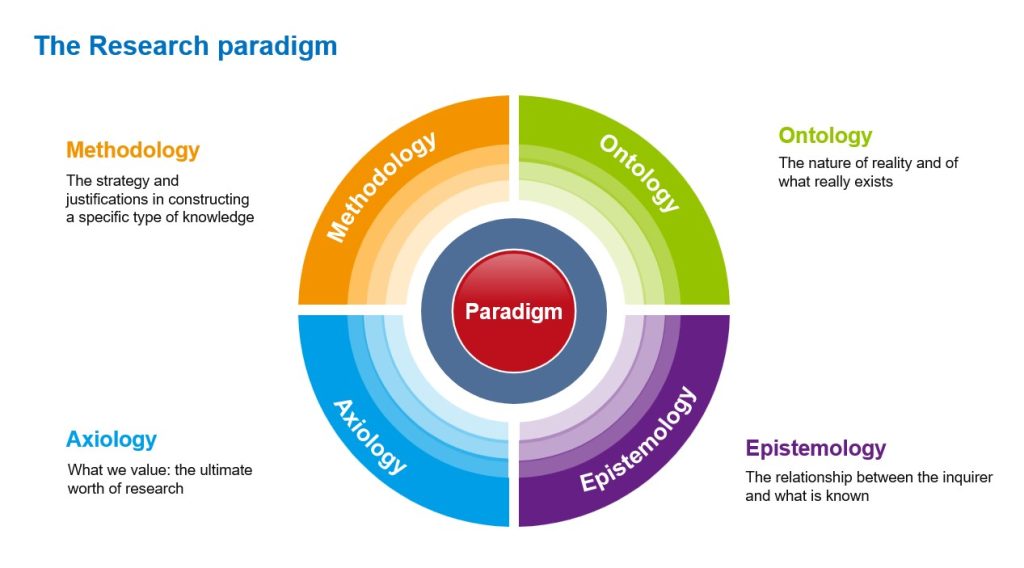
In the ever-evolving landscape of academic research, methodologies are constantly adapting to new technologies, data sources, and theoretical advancements. As we delve into 2024, the evolution of research methodologies is marked by significant trends and innovations that are shaping how scholars approach their inquiries. This article explores the latest developments in research methodologies, highlighting key trends and innovations that are transforming academic practices.
1. Integration of Artificial Intelligence and Machine Learning
Artificial Intelligence (AI) and Machine Learning (ML) are increasingly becoming integral to research methodologies. In 2024, researchers are leveraging AI algorithms to analyze vast datasets with unprecedented speed and accuracy. These technologies are not only enhancing data analysis but also facilitating predictive modeling and pattern recognition. For instance, AI-driven tools are used to identify trends in large-scale survey data, uncover hidden relationships between variables, and even generate hypotheses for further investigation.
Machine Learning models are also improving the efficiency of literature reviews. Tools like natural language processing (NLP) are being employed to sift through extensive academic databases, automatically summarizing relevant research and identifying key themes. This reduces the time researchers spend on manual literature reviews, allowing them to focus on deeper analysis and interpretation.
2. Emphasis on Open Science and Reproducibility
The open science movement continues to gain momentum in 2024, with an increasing emphasis on transparency and reproducibility in research. Open access publishing platforms and preprint servers are making research findings more accessible to the global academic community. This trend is driven by the need for greater transparency and the desire to reduce the time between research completion and dissemination.
Researchers are also adopting practices such as open data sharing and open methodologies to enhance reproducibility. By making data and methodologies publicly available, researchers allow others to verify and replicate their findings, which strengthens the credibility of scientific research. This openness also facilitates collaboration and cross-disciplinary research, fostering a more interconnected and transparent scientific community.
3. Advances in Data Collection and Analysis
The tools and techniques for data collection and analysis are undergoing significant advancements. In 2024, researchers are increasingly using sophisticated sensors, mobile applications, and online platforms to gather real-time data from diverse sources. These advancements are particularly relevant in fields such as environmental science, public health, and social research, where timely and accurate data collection is crucial.
Additionally, advancements in data analysis software are enabling researchers to handle more complex datasets. Techniques such as big data analytics and advanced statistical modeling are providing deeper insights into research questions. For example, researchers can now utilize advanced spatial analysis tools to study geographic patterns and trends, or apply network analysis to explore relationships and interactions within large datasets.
4. The Rise of Interdisciplinary and Collaborative Research
Interdisciplinary research is increasingly becoming a hallmark of contemporary academic inquiry. In 2024, scholars are collaborating across disciplines to address complex research questions that cannot be answered within the confines of a single field. This approach allows for a more comprehensive understanding of multifaceted issues and fosters innovation by integrating diverse perspectives.
Collaborative research is also being facilitated by advancements in digital communication and project management tools. Virtual research teams can now work together seamlessly, regardless of geographical location, thanks to platforms that support real-time collaboration and data sharing. This trend is leading to more dynamic and diverse research teams, which enhances the depth and scope of academic inquiries.
5. Ethical Considerations and Research Integrity
As research methodologies evolve, so do the ethical considerations surrounding them. In 2024, there is a heightened focus on ethical issues such as data privacy, consent, and the responsible use of AI. Researchers are increasingly required to navigate complex ethical landscapes, particularly when dealing with sensitive data or employing advanced technologies.
Ethics committees and institutional review boards are playing a crucial role in ensuring that research practices adhere to ethical standards. Researchers are also engaging in discussions about the implications of their work on society and are striving to conduct research that is not only scientifically rigorous but also socially responsible. This emphasis on research integrity is essential for maintaining public trust and ensuring that academic research contributes positively to societal advancement.
6. Incorporation of Citizen Science and Public Engagement
Citizen science is becoming a prominent feature of research methodologies in 2024. By involving the public in data collection and analysis, researchers can harness a vast array of observations and insights that would be otherwise difficult to obtain. Citizen science projects are particularly effective in fields such as environmental monitoring, astronomy, and public health.
Public engagement in research is also being encouraged through outreach programs, workshops, and educational initiatives. This engagement helps bridge the gap between researchers and the general public, fostering a greater understanding of scientific processes and encouraging informed dialogue about research findings. Moreover, involving the public in research can lead to more relevant and impactful outcomes, as it ensures that research addresses real-world concerns and needs.
7. Innovations in Qualitative Research Methods
Qualitative research methods are also experiencing innovative advancements in 2024. The use of digital ethnography, virtual focus groups, and online interviews is becoming more prevalent, enabling researchers to collect rich qualitative data from diverse populations. These methods offer flexibility and accessibility, allowing researchers to explore complex social phenomena in new ways.
Additionally, advancements in qualitative data analysis software are enhancing researchers’ ability to analyze and interpret qualitative data. Tools that incorporate AI and machine learning are providing more sophisticated ways to code and categorize qualitative data, identify themes, and generate insights. This evolution in qualitative research methods is expanding the possibilities for exploring human experiences and social dynamics.
8. The Growing Importance of Multimodal Research
Multimodal research, which involves integrating various types of data and methods, is gaining prominence in 2024. By combining quantitative, qualitative, and visual data, researchers can develop a more comprehensive understanding of their research questions. This approach allows for a more nuanced analysis and facilitates the exploration of complex phenomena from multiple perspectives.
For example, researchers might combine survey data with in-depth interviews and visual data such as photographs or video recordings to study a social issue. This multimodal approach provides a richer and more holistic view of the research topic, leading to more robust and insightful findings.
Conclusion
The evolution of research methodology in 2024 reflects a dynamic and rapidly changing academic landscape. From the integration of AI and ML to the emphasis on open science and interdisciplinary collaboration, these trends and innovations are reshaping how research is conducted and how knowledge is generated. As researchers continue to adapt to new technologies and methodologies, the future of academic inquiry promises to be more transparent, collaborative, and impactful than ever before. Embracing these changes will be crucial for advancing scientific knowledge and addressing the complex challenges of our time.














